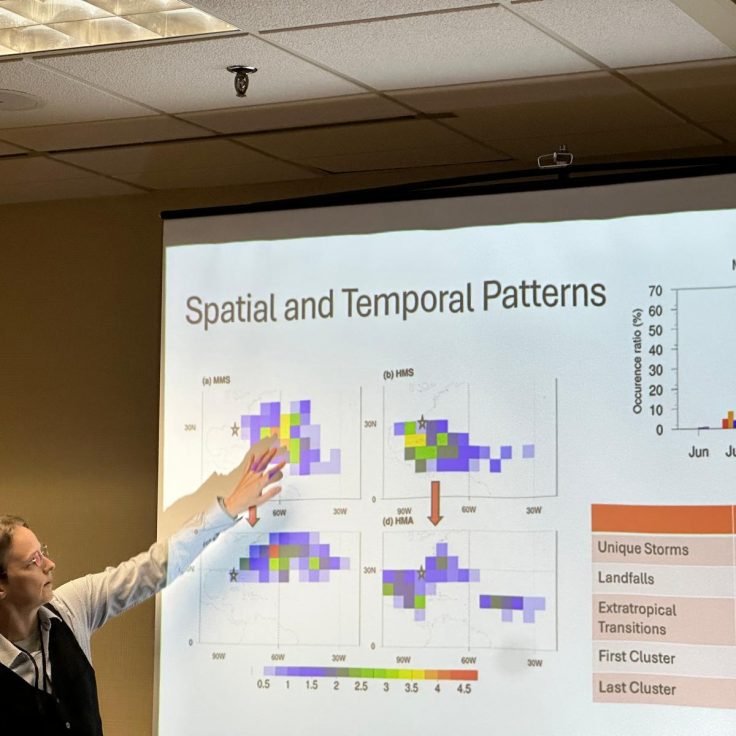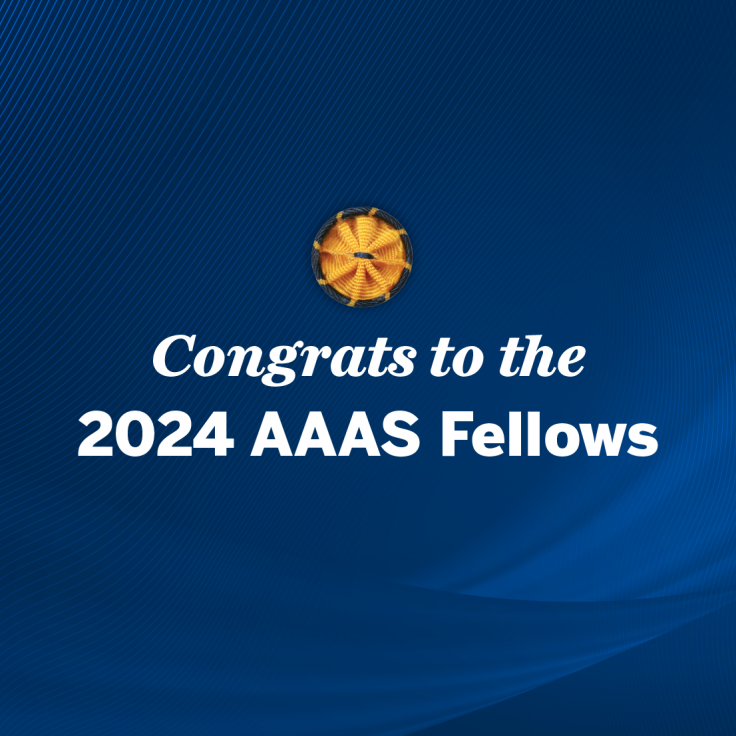
In researching her current book project, Trysh Travis, Associate Professor of Women’s Studies and CLAS Associate Dean, came upon a 1984 letter from Laurie B. Mintz, professor of psychology and affiliate faculty member in UF’s Center for Gender, Sexualities, and Women’s Studies Research. (Photo courtesy of Trysh Travis via Smith College)
A CLAS Professor Dug into an Archive. She Found a Colleague Waiting for Her.
This summer, with funding from the New England Regional Fellowship Consortium, Associate Professor of Women’s Studies and CLAS Associate Dean Trysh Travis traveled to Smith College to research the Women’s Action Alliance. Established in 1971 by the same group of women who founded Ms. magazine, the Alliance was a feminist networking and strategy-sharing organization — a clearinghouse for information and advice conveyed by pamphlets and mimeographs in the days when Zoom (opens in new tab) was just a children’s TV show.
Travis was interested in the Alliance’s work with women’s centers across the country during the 1970s and ‘80s. Women’s centers were small, grassroots organizations, often staffed by volunteers on college campuses or in local communities. After former first lady Betty Ford brought unprecedented attention to addiction in 1978 by revealing her struggles with alcohol and valium, many centers began offering substance abuse prevention education specifically for women. Those ideas about alcohol and drug use, abuse, and cessation would form a chapter in Travis’s current book project, “Feminists on Drugs: A History.”
As she pored over boxes of records detailing how Alliance staff gathered and shared information on this topic, Travis came upon a delightful surprise: an unexpected connection to the very subject she was researching.
In 1984, the Alliance organized a meeting to plan what would become the National Association of Women’s Centers. Representatives from centers across the country mailed in $15 registration checks to secure a place at the meeting, which was hosted by the women’s intentional community at Grailville, Ohio (opens in new tab). Among those registering was Laurie B. Mintz, a student in counseling psychology and the graduate administrative associate for the Women’s Resource Center at the Ohio State University (OSU).

Today, friends of CLAS know Mintz as a professor of psychology and affiliate faculty member in UF’s Center for Gender, Sexualities, and Women’s Studies Research. She teaches the hugely popular Psychology of Human Sexuality course and has authored several books, including The Tired Woman’s Guide to Passionate Sex and Becoming Cliterate: Why Orgasm Equality Matters and How to Get to It. When she saw Mintz’s registration materials, Travis burst out laughing in the quiet of the Smith College library. Though they had worked together for over a decade, it had never occurred to her that her colleague might be a primary source for her research.
After this serendipitous encounter, Travis and Mintz reflected on the role women’s centers played in the late-20th century feminist movement. The OSU office where Mintz worked served as a hub for feminist action on campus and offered a variety of services for women students, faculty, and staff. These ranged from social gatherings where women could bond while hearing feminist speakers, poets, and musicians, to workshops on topics such as self-defense and assertiveness, to crisis counseling for victims of sexual violence. In the 1970s and ‘80s, much of this programming was provided by volunteers or part-time employees like the young Laurie Mintz; the ideas she encountered helped shape her research and teaching career.
Much of the work of the campus women’s center has now been professionalized and scattered across the broader campus. Travis’s home unit of Women’s Studies (which became an undergraduate major in 1990) has taken over the intellectual role that centers once played. Mintz noted that crisis counseling is now part of the mission of the Counseling and Wellness Center, and programming around women’s health and well-being is done by a variety of organizations, including GatorWell Health Promotion Services. Unlike the early centers, today’s programs are more broadly inclusive of different gender identities.
This trip down memory lane inspired Mintz to scour the internet for the woman who had directed the OSU Women’s Resource Center, whom she credits as her first feminist role model. She could not locate her, but the project reminded both her and Travis of the important role cross-generational connections had played in their development as scholars and citizens. In the heady moment of the 1970s, women’s centers were founded to help nurture those relationships. The two professors toasted that past and recommitted to making similar connections with their students in the evolving political climate of the 21st century.


